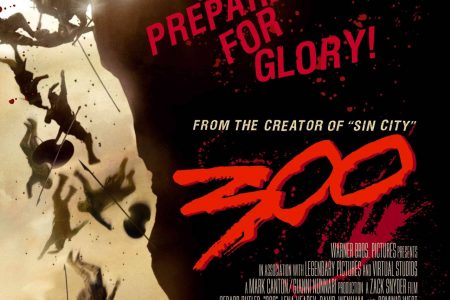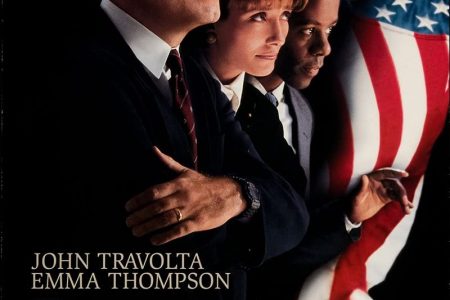(Catching up with old film reviews – collect the series!)
I’m a Tarantino film fan. The films he makes are aimed at film fans like me. So, I’ve loved his films so far. I don’t like him as an actor, because I have some taste, but as a writer-director, he’s my kind of guy. His love of crime and Hong Kong and kung-fu and old films is something I can relate to, so I was looking forward to Kill Bill. I’m not particularly happy about the fact that it has been split into two films. Tarantino might talk his way out of it, something at which he excels, but it’s just money-grabbing and cheap. Harvey Weinstein isn’t a fan of films that are long unless they are his Oscar candidates, so a three-hour action flick might be a tough sell, but making us pay twice to see a film is shabby and insulting. Now, if they had sold the tickets at half price, I might have forgiven them, but that’s not going to happen.
This rather long preamble is to excuse my lack of integrity that comes in reviewing the film. I’m biased to QT, which is not very professional, and I was more than a little miffed that I would have to pay twice to see the entire film. So, thoughts and comments might be coloured by these factors.
Kill Bill takes the revenge movie, and makes it epic. QT throws into the film all his late-night cinematic obsessions, from girls seeking revenge through violence, to chambara samurai films of Japan, to Bruce Lee and anime. Tarantino creates a beautifully shot explosion of violence, blood-letting and death that is a joy to behold. Let me clarify: this is not about the real violence of Pulp Fiction or Reservoir Dogs, but a violence of cinema that can be beautiful, visceral and a vicarious release. Any film where Uma Thurman, in a Bruce Lee costume and holding a samurai sword, takes on 88 Kato-mask wearing killers and slaughters them in one of the great fight scenes is something special.
The second half of the film, filled with humour, sword-play and gushing geysers of blood, leaving you wanting more. However, the first half, dealing with back story, is stodgier, slow, and, ironically for Tarantino, full of uninteresting dialogue. With women as protagonists, the film is almost post-modern feminist, but the unpleasantness done to women, and the joy Tarantino seems to get from it, detract from the overall enjoyment of the film. Thurman is great, even when spouting some strange dialogue (apparently a choice by QT to homage the wooden aspects of the revenge thrillers he is referencing, it jars slightly in this film, which tries to elevate the picture to something a little more substantial), and Lucy Liu is watchable as always. The film looks great, has a great soundtrack, and the end of the film leaves you desperately wanting to see the second half, but you are left a little cheated knowing that you have to wait, and pay to see the rest of the movie. Hopefully, the second film will clear any lingering doubts about the film, and justify the splitting process.
Rating: DAVE




